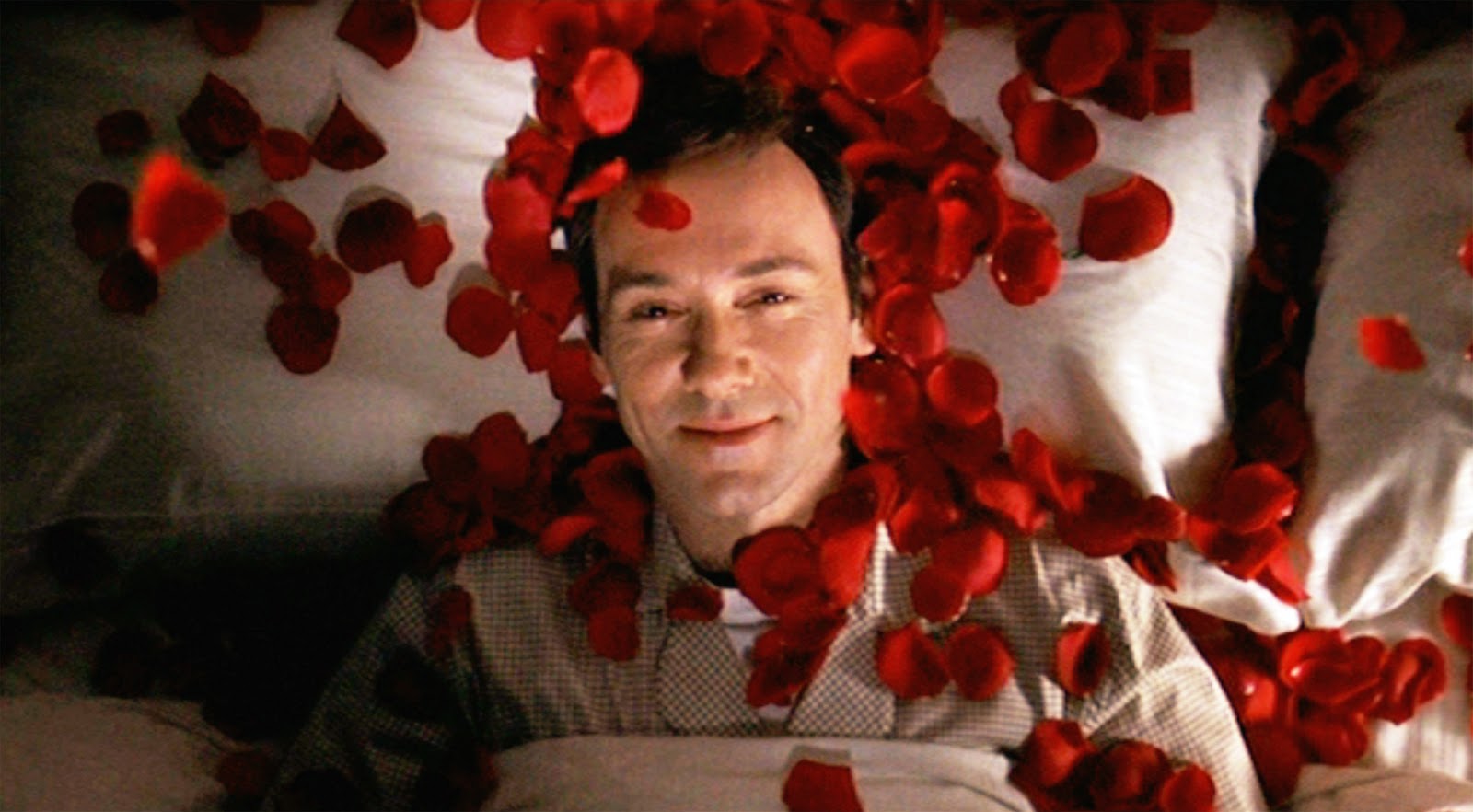
This is the sixth examination of every Academy Award for Best Picture winner. Sadly, the Oscar Bait years continue, and you will find the majority of the worst offenders of this phenomenon within these ten years. Epics weren’t as epic as they may have seemed, and some of the experiments here fall as flat as a floorboard.
However, the ‘90s also featured great achievements that include the mighty revival of the Western genre, the epic films that did contain merit (and weren’t just hollow pictures meant to win awards), and even a film that defied every Oscar regulation (it was released early in the year, was a disturbing film and did very little to up its chances despite its many wins).
We have almost reached the newest winners, but let us reminisce to the last nostalgic era. Here are the Best Picture winners of the ‘90s ranked from worst to best.
10. Braveheart (1995)

William Wallace famously screams for freedom, yet one of Braveheart’s biggest issues is how forceful the entirety of its length feels. Mel Gibson’s control on a variety of elements here warrants some sort of praise.
Gibson did try his best to deliver something noteworthy, and it is clearly evident. The occasional special effect still stands strong, and the rest did not age well at all (but the attempts are still admirable). Outside of the stunts and effects, Braveheart is a strenuous test of patience, time and care.
From the immature flashing of genitalia, to the frigid dialogue, Braveheart is borderline phonographic. It is juvenile, shallow, and just downright irritating. If viewing many well choreographed battle sequences (let’s be honest, here) is your primary focus, then Braveheart will not upset you in the slightest.
Otherwise, over twenty years later, it may be virtually impossible to not be angered by this macho film. It claims to tell an important story, and yet gets the majority of its facts wrong (inauthenticity can be okay if it fits a better story, but this many instances is inexcusable, especially if the film is still awful).
It tries to take you to a different time period, yet it really feels like a series of people from the nineties in costumes. Braveheart is as artificial as it gets, and the few cases of remarkable effects will do nothing to change this one.
9. Forrest Gump (1994)
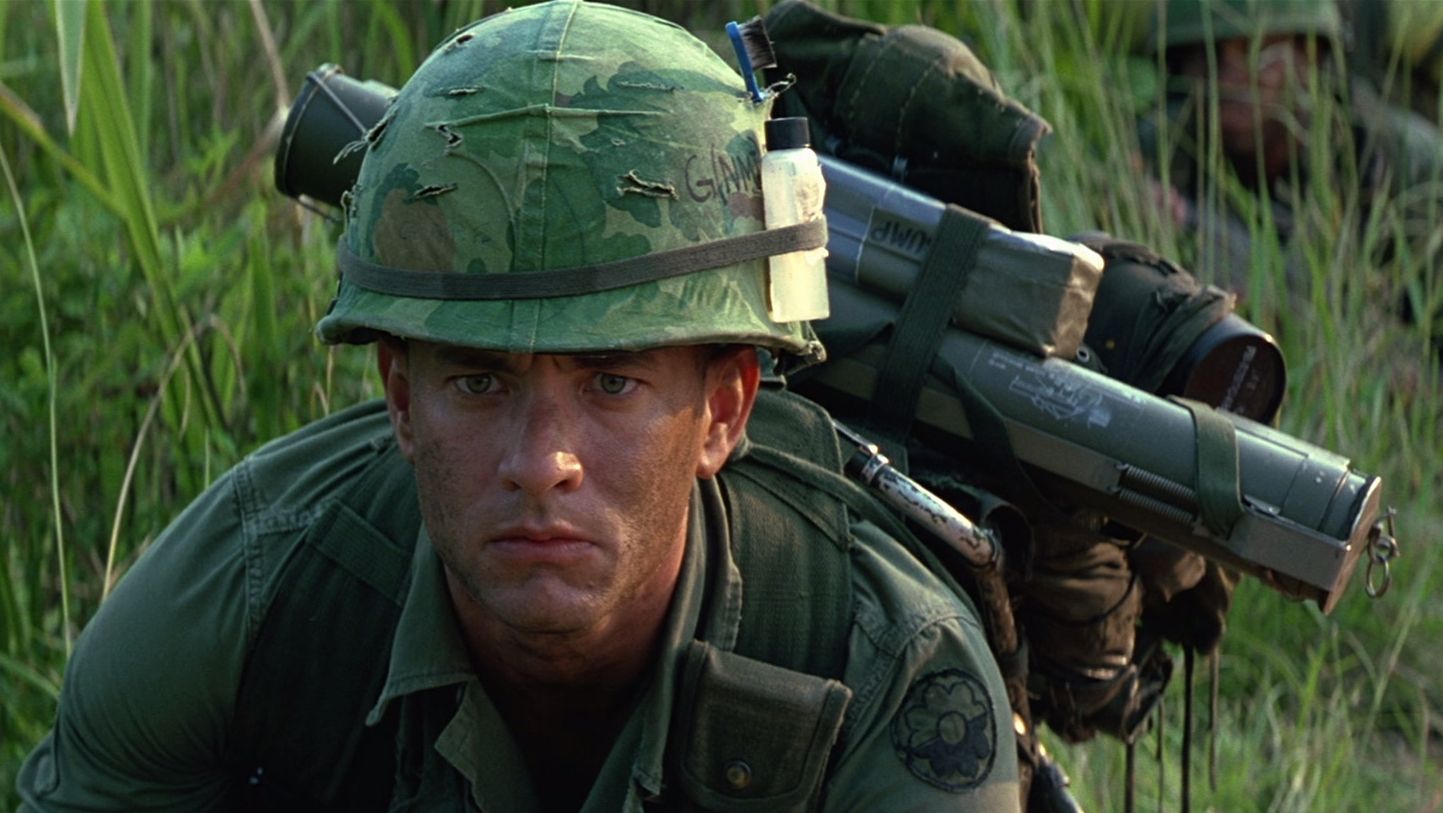
Why not Pulp Fiction? Well, Pulp Fiction was as big of a staple of the ‘90s as this curious tale was, yet something about Forrest Gump continues to stay with fans even to this day. If you sit down and really evaluate Forrest Gump, it is one of the more mismatched Best Picture winners to win the award.
There are parts that are masterful and dreadful throughout, and it is quite peculiar as to how a film can do so much right and so much wrong. Moments like the revelations of the many historical happenings that Gump influenced can be funny or ludicrous (Seriously? He is linked to the Klu Klux Klan?), then you have the actual plot points that make absurdist sense (the guy ran for years? Why?). Basically, Forrest Gump is at times a complete joke.
Then there are the touching moments that are not just well done, they’re borderline genius. The moment when we realize that Gump knew he was different (when he asks if his son suffers from the same disorders he does) is a stunning revelation.
Gump’s lack of understanding of the world and his complete wisdom on love and human connectivity is sweet. The sentimentality, intertwined with Robert Zemeckis’ usual exploration of cinematic innovation, has made Forrest Gump a fan favourite despite its flaws, as if the film was a movie representation of its titular character: problematic, yet sincere.
8. The English Patient (1996)
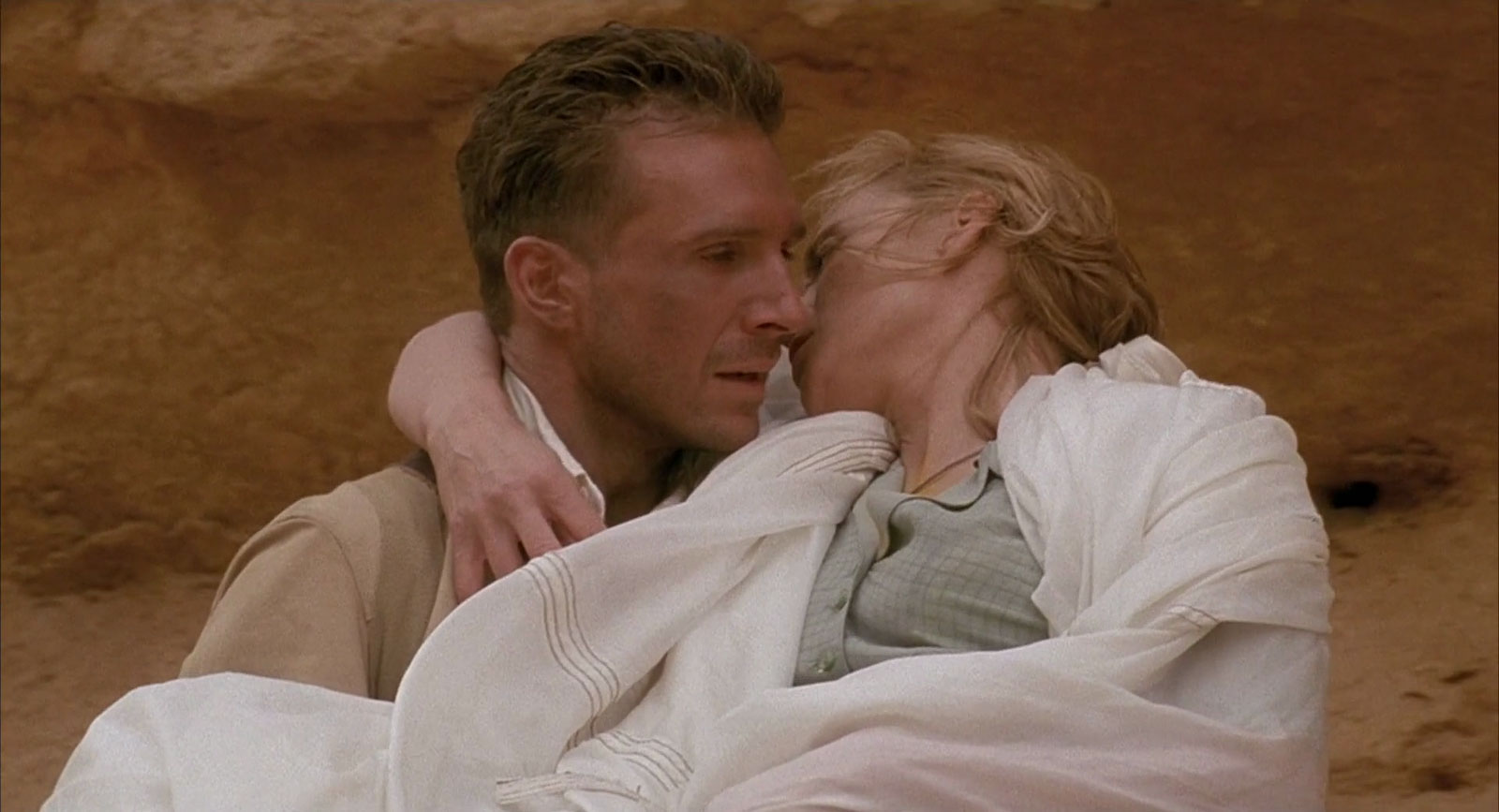
Anyone who watches Seinfeld will remember Elaine Benes’ absolute distaste for Anthony Minghella’s romantic epic. Everyone shuns her for hating this film, and while it is funny and a bit of a hyperbole, there is some actual truth to the mass hysteria that surrounded The English Patient.
Was it really as good as everyone said? The sets are lovely and the aesthetics are powerful, but how much could truly be taken away from this movie? How memorable was the plot, aside from the fact that a complex love exists that results in a need to murder out of jealousy?
The main issue is that we get the crux of this film from Ralph Fiennes’ character, and what we don’t hear from him, we witness from an unrelated romance between Juliette Binoche’s and Naveen Andrews’ characters.
Otherwise, The English Patient is a tender cinematic experience, cloaked in sepia tones, whispered performances and tip-toed care. It isn’t nearly as bad as Elaine Benes has said, and while it is still an overrated winner, there is still something tangible about The English Patient.
7. Shakespeare in Love (1998)
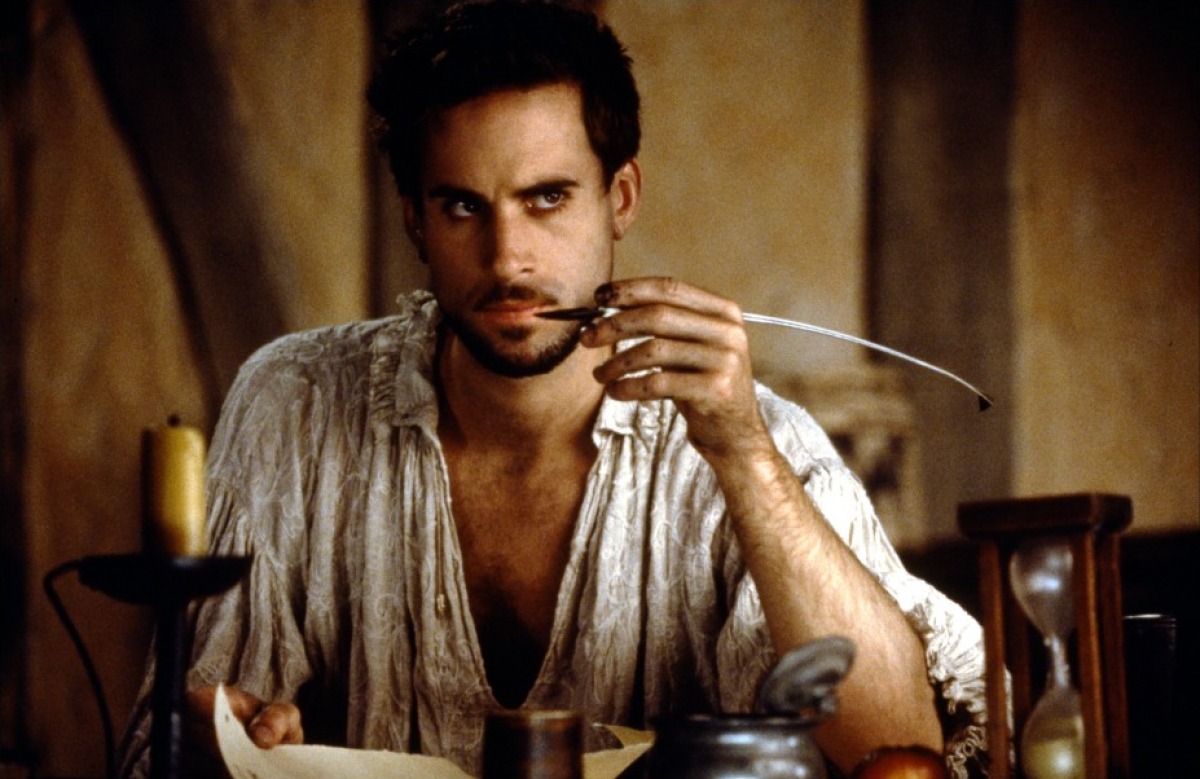
This period piece romantic comedy is by far one of the weirdest Best Picture winners to date. This is not because it beat Saving Private Ryan, although that does play partially into the absurdity of the situation.
John Madden’s fictitious take on Shakespeare experiencing a drought of creativity makes very little sense realistically (this story does not even remotely connect to any particular moment of his life in all seriousness), but at the same time the web of lies fed to us do not seem all too improbable. Could Shakespeare find a muse who would stage herself as a young boy to take part in his plays? Supposedly, yes.
Shakespeare in Love, while not resembling the writing of the master it is based off of (of course not), is strung together with some witty dialogue and well crafted comedy. With a few hiccups here and there (seriously, that child who gives away so many plot elements is unbearable), this is not a perfect experiment.
However, it is still an experiment, and the risks are something to truly take account of. It even, puzzlingly, won Best Picture, and it perplexes many to this day. It gets a bad wrap for being one of the worst Best Picture winners, but that is a claim that is undeserved, no matter how weird this all is.
6. Dances With Wolves (1990)
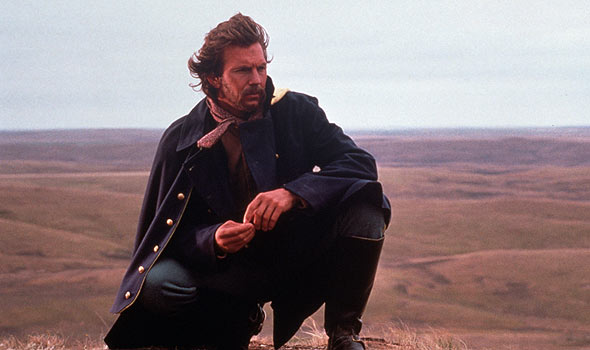
Try your best to forget that Goodfellas was snubbed for this Best Picture win, and it may make your viewing of Dances with Wolves a lot better. There is a slow start that feels like a typical ‘80s/‘90s Western, when the snubbing’s backlash feels particularly strong.
Once John Dunbar settles on his own and begins to live with the wild, that is when this Western revival picks up steam. Then you have the integration with the Sioux tribe to really stir the intentions of the film around with every character soon to clash with one another.
The plot may seem old hat by now, especially with many iterations having been made since then (the most infamous case is Avatar), and while it was not the most original idea back in 1990, Dances with Wolves was less of a comparison basis for these story blueprints before.
So it shouldn’t be, with its large landscapes and heartfelt directing used to set the score here. Sure, these similar films also explore settings and characters, but Costner’s take feels especially attributed to the contexts here. Dances With Wolves is without question an Oscar bait film, but that label does not always mean that it has to be bad.